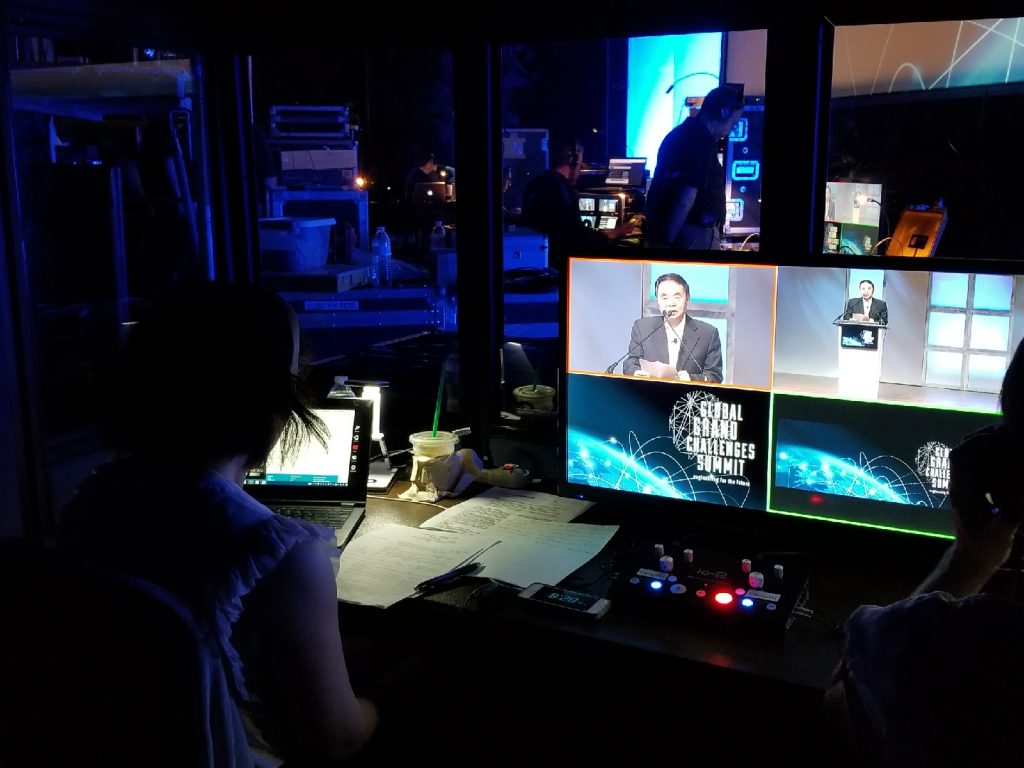Blurred Lines and Team Interpreting
I just returned from the American Translators Association (The Voice of Interpreters and Translators) conference in Palm Springs, CA. Most of my professional development centered on interpreting sessions. Court interpreters, like attorneys and other professionals, regardless of experience and training, face ethical dilemmas occasionally. It’s imperative that we know and adhere to our code of […]
Blurred Lines and Team Interpreting Read More »











